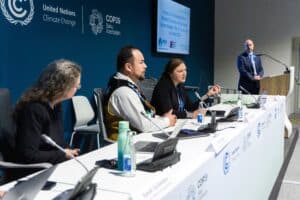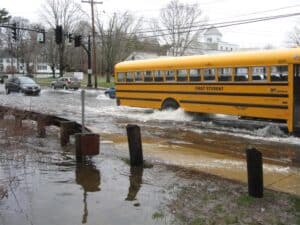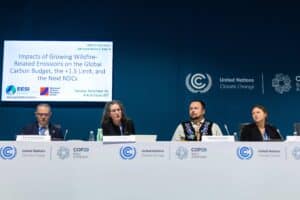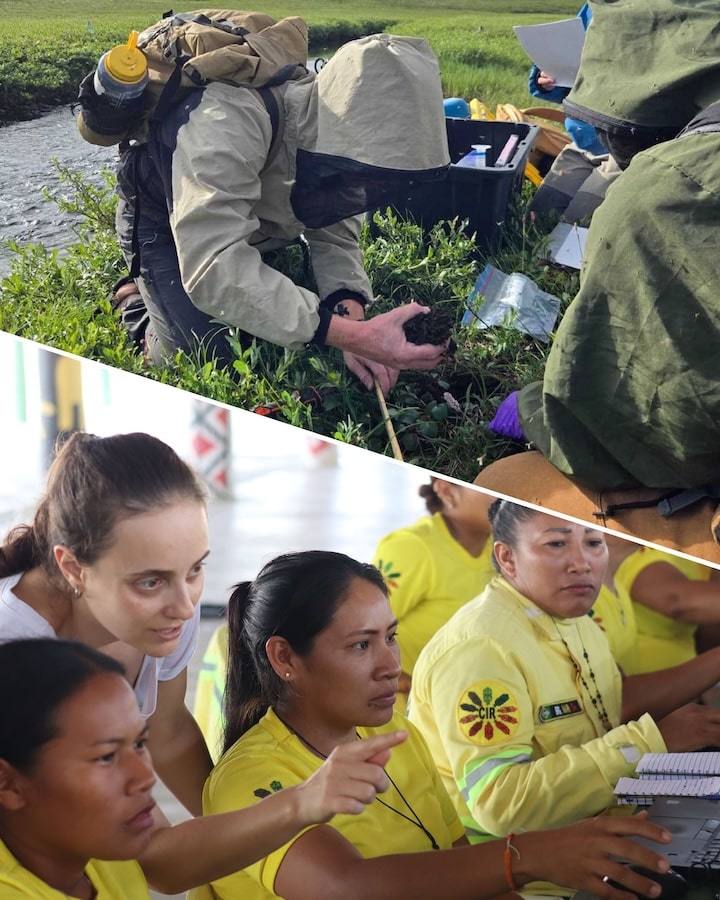Trump is leaving UN environmental bodies. What that means for the climate

On Wednesday night, President Trump announced that the U.S. would be withdrawing from the United Nations Framework Convention on Climate Change (UNFCCC), a landmark global treaty that sets a legal framework for international negotiations to address climate change.
The move comes after the Trump Administration asked the State Department to review the country’s involvement in various international organizations last February. The result is that the president has now withdrawn the United States from a total 66 international organisations, including 31 United Nations entities. Other groups included U.N. Oceans, the Intergovernmental Science-Policy Platform on Biodiversity and Ecosystem Services, and the International Renewable Energy Agency.
Mass. home insurer of last resort sees spike in enrollment
Combination of growing climate risks and inflation likely led to roughly 15,000 new policies added to FAIR Plan in fiscal year 2024

Don’t pull the fire alarm yet, but new data on home insurance in Massachusetts is turning heads across the industry.
Massachusetts enrolled more than 173,000 policies in its insurer of last resort, known as the FAIR Plan, in fiscal year 2024 — marking the first year-over-year increase for the insurer since 2017 and its largest single-year jump since 2007. In fiscal 2023, the FAIR Plan enrolled 158,660 policies.
Continue reading on Commonwealth Beacon.
John Holdren awarded 2026 AIP Karl Compton Medal
Prize for leadership in physics to be given to Harvard professor and former OSTP director for engaging the public and promoting sound governmental policies.
AIP’s 2026 Karl Taylor Compton Medal for leadership in physics is being awarded to Professor John Holdren of Harvard University and former Chief Science & Technology Advisor to President Obama.
Named after prominent physicist Karl Taylor Compton, the medal is presented by AIP every two years to a highly a distinguished physicist who has made outstanding contributions to physics through exceptional statesmanship in science.
Holdren was chosen by the selection committee “for his scientific leadership in engaging the public and promoting sound governmental policies and key international agreements.”
Read more on the American Institute of Physics’ website.
COPs need a science track – not a seven-year science lag

At COP30 in Belem, negotiators have again been asked to shape the planet’s future using climate science that does not reflect latest high-quality research. The problem is not the evidence itself. It is the way we organise it for global climate diplomacy.
Read more on Carbon Pulse.
Grazing lands as climate solutions: Key practices for carbon and biodiversity

A new review of U.S. grazing land practices explores how land stewardship and ranch management practices can help fight climate change. The study identifies promising strategies—such as wetland restoration, planting legumes in pastures, and adjusting grazing intensity—that could boost soil carbon, cut greenhouse gases, and deliver co-benefits for biodiversity, water quality and soil health. But it also underscores a critical need for more research to guide long-term sustainable management.
Read more on Cool Green Science.
What the COP30 climate summit in the Amazon delivered for forests and Indigenous people

Brazil insisted on hosting this year’s COP30 climate summit in the Amazonian city of Belem to put rainforests at the heart of negotiations on how to curb global warming.
But as delegates from almost every country concluded tense talks under the rainforest’s humid heat, the outcome for trees and their guardians, though unprecedented, was bittersweet.
Tropical Forests, Forever?

As the host of this year’s UN climate treaty negotiations and home to most of the Amazon tropical rainforest, Brazil led a major advance for forests and their indigenous inhabitants called the Tropical Forest Forever Facility. The new $125 billion fund, with guarantees for investors, will send its profits to countries with documented forest preservation, including some cash going directly to indigenous and local populations. Michael Coe, a senior scientist at the Woodwell Climate Research Center who was at COP30, joins Hosts Steve Curwood and Jenni Doering to explain why forest protection is a vital piece of stabilizing the climate.
Listen or read more on Living on Earth.
TFFF “an Arrow in the Quiver, not a Silver Bullet”
Brazil-backed fund aims to provide long-term funding for tropical forests via a model that incentivises stewardship and crowds-in private investment.

The tropical forest fund hailed last week by Brazil’s President Lula has the potential to deliver policy change as well as cash flows, but further government backing is just one of several keys to investor support.
Speaking at the COP30 Leaders’ Summit, President Luiz Inácio Lula da Silva described the Tropical Forest Forever Facility (TFFF) as an “unprecedented initiative”, highlighting the leading role being played by governments from the Global South.
Continue reading on Sustainble Investor.




